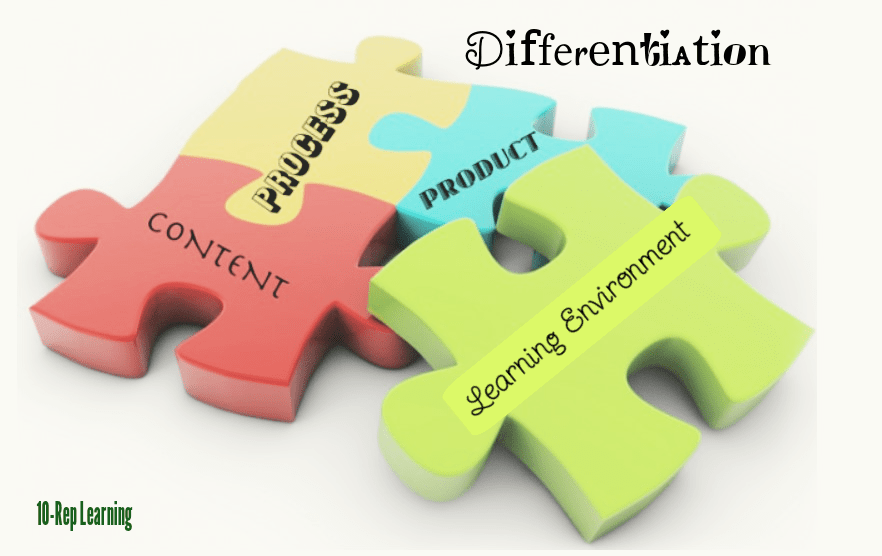Category: Quotes, Research
Tags: #ArchivesMonth, American Archives Month, archival silences, Cammylle Beltran, Ed Quotes, Helen Teague, JJ Mercado, Kaitlin Smith, Kara W. Swanson, Kim Balasabas
“To listen to archival silences is to attend consciously and carefully to what is not there and to be receptive to whispers that come around and through a formal archive, whispers that fill the silences with stories.” ~ Kara W. Swanson, 2022
*Footnote by Swanson~ “The metaphor of archival “silences” is a common means of acknowledging those whose experiences are not found in archives or are only recorded indirectly by others, an ongoing methodological challenge, particularly for historians of marginalized peoples.”

https://archivefutures.com/2013/07/12/welcome/
“The absence of these voices and insights is what is described as an ‘archival silence’ –defined as ‘the unintentional or purposeful absence or distortion of documentation of enduring value, resulting in gaps and inabilities to represent the past accurately.’” ~ Kaitlin Smith, 2021
“There is a concept in the field of archiving under which the struggles of the Indigenous peoples (IPs) fall – ‘archival silences.’ It is defined as the omission or distortion, intentional or not, of the documentation of anything that has enduring value, leading to gaps in depicting the past.'” ~ Kim Balasabas, JJ Mercado, Cammylle Beltran, 2022
October is American Archives Month.
References
Balasabas, K; Mercado, J.J.; and Beltran, C. (2022). Indigenous communities still battle with archival silences. The LaSallian. https://thelasallian.com/2022/10/28/indigenous-communities-still-battle-with-archival-silences/
Smith, K (2021). The problem of archival silences. Facing History. https://www.facinghistory.org/ideas-week/problem-archival-silences
Swanson, K. W., (2022). Centering Black Women inventors: Passing and the patent archive. 25 Stanford Technology Law Review 305 (2022), Northeastern University School of Law Research Paper No. 419-2022, Available at SSRN: https://ssrn.com/abstract=4007539
https://papers.ssrn.com/sol3/papers.cfm?abstract_id=4007539
More Weekend Ed. Quotes
#GCUTEC544 #GCUTEC595 #GCUTEC516 #GCUTEC521
#CUNE607 #CUNE604, #CUNE605
#PBSReaders4Life






